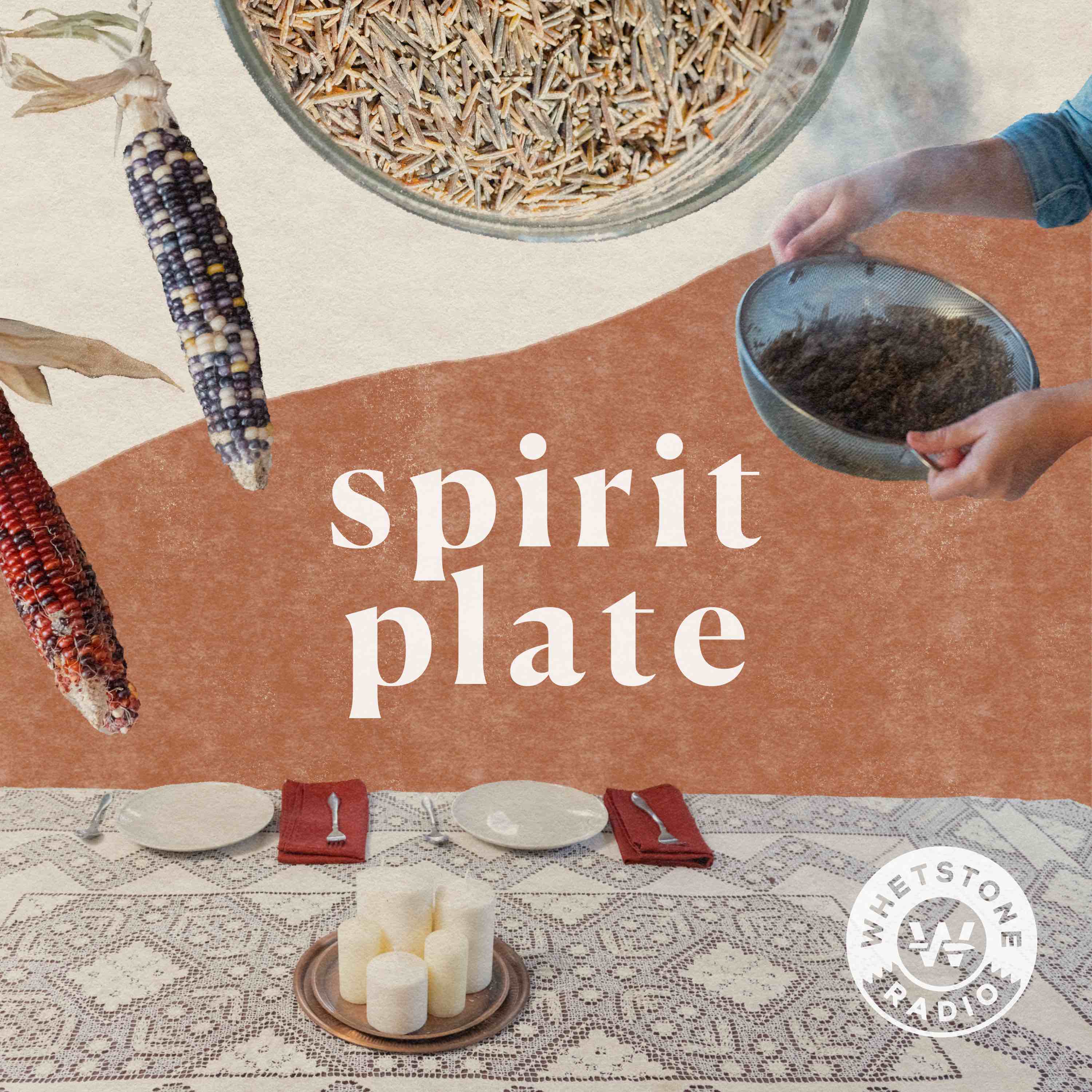Episodes
Over the course of this season, our guests have helped us understand the history of disruption and provided essential context for why the Indigenous food movement is necessary. In this last episode for season 1, we talk with Anishinaabe farmer and food producer Rosebud Bear Schneider about the joys and challenges of revitalizing cultural foodways in the present day. Rosebud gives us a glimpse into what food sovereignty work looks like in a contemporary, urban context-- how people are...
Published 03/28/22
Published 03/28/22
The activism and momentum of the late 1960s led to a shift in U.S. policy toward Native tribes, reaffirming Indigenous peoples’ right to self-governance. Later, this era became known as the Self-Determination Era. Starting in the early 1970s, many pieces of legislation were passed which, among other things, reaffirmed Indigenous peoples’ rights to establish and manage their own schools, practice their traditional spirituality and ceremonies without persecution, and safeguard the welfare of...
Published 03/21/22
During the Termination Era (the early 1950s to late 1960s), the U.S. government passed legislation stating that they would no longer recognize Tribal governments as sovereign nations and began incentivizing the relocation of Native peoples to urban centers across the country. Dr. Martin Reinhardt tells us about the Termination Act of 1953 and Indian Relocation Act of 1956, and the devastating effects they had on treaty rights and Indigenous peoples’ foodways. Dr. Reinhardt also talks about...
Published 03/14/22
During the Indian Reorganization Era, which took place between the late 1920s through the 1930s, the U.S. government began winding down its assimilation policies and made moves to reaffirm Tribal self-governance. The Indian Reorganization Act of 1934, also known as the Indian New Deal, had three main goals: strengthen Tribal self-governance, reconsolidate tribal lands, and promote economic development. The Indian Reorganization Act did emphasize the need to involve Native peoples when the...
Published 03/07/22
During the Allotment & Assimilation Era (1887-1930) the U.S. government moved to assimilate Native peoples into American society and the economy. One of the most devastating tactics was the Indian Boarding School, which aimed to strip Native children of their culture and train them for manual or domestic labor. Students resisted in many ways: attempting to run away, stealing food, and even setting fire to their schools. Students also formed their own kinship networks.Although the schools...
Published 02/28/22
During the Allotment & Assimilation Era (1887-1930) the U.S. government moved to assimilate Native peoples into American society and the economy. Private land ownership was forced onto Indigenous peoples by breaking apart communal lands into family parcels, effectively altering relationships to land and food. In many cases, Native peoples were forced to shift from subsistence lifestyles and traditional forms of trade to growing food as a commodity. This commodity-based approach to food...
Published 02/21/22
Following removal and relocation of the mid-1800s, Native communities found ways to adapt and preserve their foodways in the face of disruption. Each community’s journey is unique. This episode focused on the story of the Oneida Nation of Wisconsin. With our guest Becky Webster—Oneida attorney, farmer, and seed keeper—we'll talk about the way they are revitalizing their food traditions through seed saving, cooperative growing, and participating in local barter markets.
Topics covered in this...
Published 02/14/22
For many Indigenous people involved in the food sovereingty movement, reconnecting to ancestral foods is extremely powerful. Every time someone learns a new recipe, plants a seed, and feasts together, we are helping to transmit knowledge, technologies, and skills from one generation to the next. In this episode, we'll talk with Shelley Buffalo—Meskwaki seed keeper—about her experience of revitalizing cultural foods, growing practices, and language. We'll also talk about her involvement in the...
Published 02/07/22
In this episode, Rowen White—Mohawk farmer, seed keeper, and organizer—joins us to talk about relationships to land and food, upholding our responsibilities to our kin, and developing a new lexicon to talk about the food system. She shares her practice of cultivating relational, kin-centric foodways and the possibilities opened by this worldview.
Topics covered in this episode:
Min 1:38: Meet Rowen White
Min 6:57: The Mohawk creation story
Min 9:45: Issues with the term “food system”
Min...
Published 01/31/22
The Spirit Plate podcast is an honoring of all the Indigneous communities across Turtle Island who are working to preserve and revitalize their ancestral foodways. In this space we will talk about Indigenous foodways as means of resistance, resilience, and revitalization. We’ll discuss some of the social, political, and historical reasons why the Indigenous food sovereignty movement is necessary.
Topics covered in this episode:
Min 1:20: Who is Shiloh Maples?
Min 2:33: Connecting the stories...
Published 01/24/22
Here’s a first look at what to expect from our new podcast #SpiritPlate, as narrated by host Shiloh Maples (@littlenokomis).
Look out for the show when it launches on Mon, Jan 24!
Published 01/23/22


